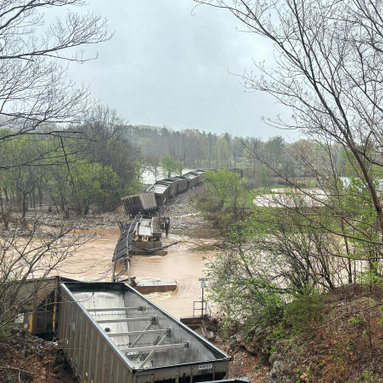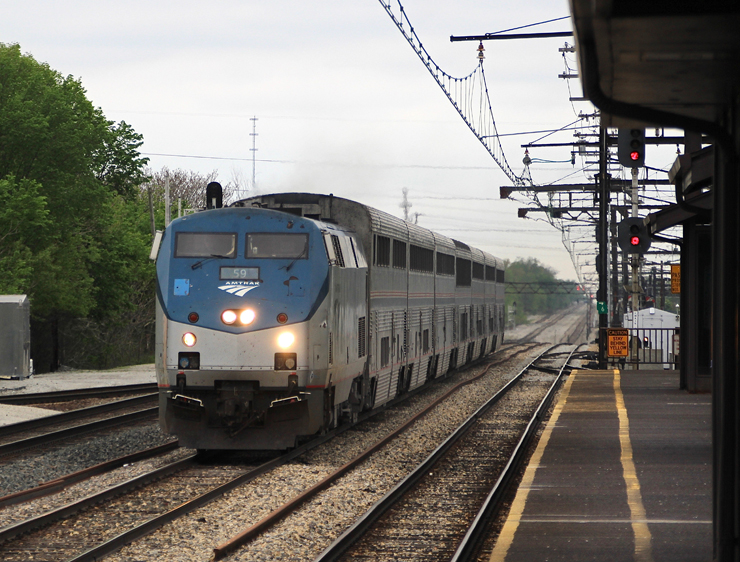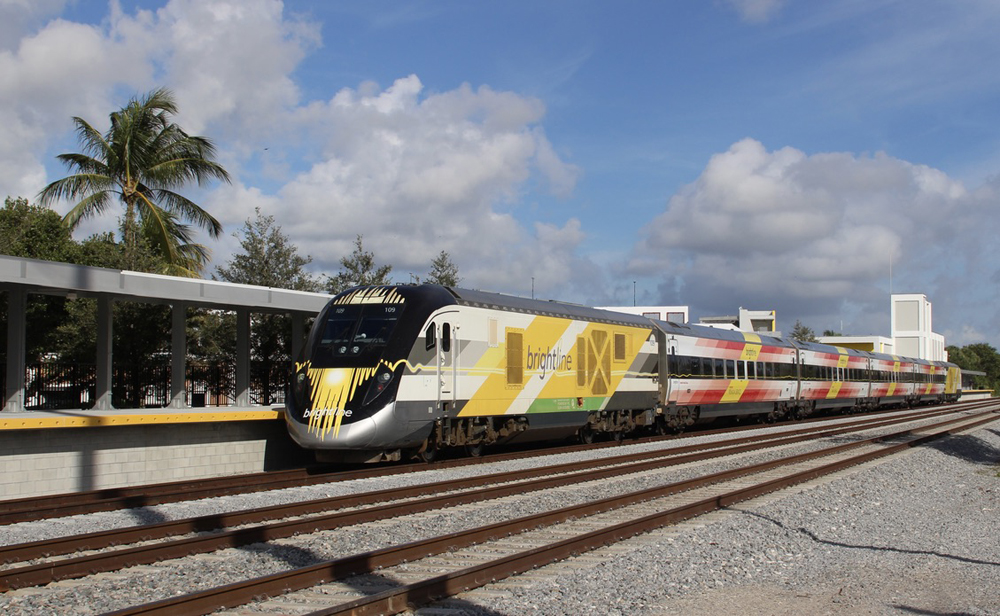“FRA is determined to help all affected railroads successfully satisfy the statutory deadline for full PTC system installation, testing, certification and ultimately initiate operations governed by PTC on all required territories,” said FRA Administrator Ronald L. Batory. “FRA is currently directing its focus and resources on the technical challenges facing the railroads, including commencing revenue service demonstration, interoperability testing and safety plans.”
As of June 30, 2019, PTC systems were in operation on approximately 50,300 (87%) of the nearly 58,000 route miles required to be equipped by Congress. This reflects a 4%-increase since quarter 1 of 2019. Nonetheless, railroads must still complete significant work to fully implement their PTC systems by Dec. 31, 2020, especially with respect to activating PTC systems on the remaining required main lines and achieving the necessary interoperability with their tenant railroads.
Specifically, host commuter railroads report that as of June 2019, they were operating their PTC systems in revenue service demonstration, a type of required advanced field testing, on approximately 698 route miles and in revenue service on 443 route miles, which, in total, is 37% of the host commuter railroads’ 3,111 required route miles and a 12%-increase since quarter 1 of 2019.
Class I freight railroads report that PTC systems are in operation on approximately 91% of their required main lines as of June 2019 — representing a 4%-increase since quarter 1. As a host railroad, Amtrak reports that approximately 899 of Amtrak’s 901 (99.8%) required route miles are governed by a PTC system. In addition, Amtrak informed FRA that its operations are currently governed by a PTC system on at least 16,032 of the 19,119 route miles (84%) where Amtrak operates as a tenant railroad on other railroads’ PTC-equipped main lines.
All railroads have committed to fully implementing PTC systems on the required main lines by Dec. 31, 2020, if not earlier. Nonetheless, Administrator Batory and senior FRA officials continue to host meetings with dozens of individual railroads and groups of railroads, vendors, suppliers, and subject matter experts to actively monitor developments and identify potential solutions where challenges arise. In addition, regular meetings are being held with the executive leadership of Amtrak and each commuter railroad that operates on or near Amtrak’s Northeast Corridor and/or the commuter railroad’s own PTC-mandated main lines in the Northeast. Finally, FRA will host the remaining four of six PTC Collaboration Sessions over the next 16 months to further support all railroads subject to the statutory mandate and to convene the industry’s technical experts to share best practices and jointly resolve common technical problems.
Since 2008, through FRA, the Department has awarded nearly $2.6 billion in grant funding and loan financing to support railroads’ implementation of PTC systems, which amounts to nearly 18% of the industry’s estimates for initial PTC system implementation costs.
More information is available online.
— A Federal Railroad Administration news release. Sept. 9, 2019















Re Mr. Barrett’s valid queries: it would be interesting to know what percentage of time the PTC systems are actually functioning, as opposed to being cut out due to equipment, software, communication, or other issues. Listening via scanner, there are frequent requests by engineers asking the dispatcher’s permission to cut it out, which are almost always granted, in order to get the train over the road.
Eric,
The trade war with China should have negligible to zero affect on PTC implementation as the vast majority of hardware has already been either installed, is ready for installation or already on hand(other than the fact that almost all of it is made here in the U.S.).
How will the China trade war affect PTC? Will there be parts simply not available by the deadline?
How is PTC reliability currently doing out on the road? To what extent are trains being delayed due to problems with PTC infrastructure such as software crashes or issues with system communications? Are any technical performance status reports available that have been issued by a government or industry body? Thanks for any replies!